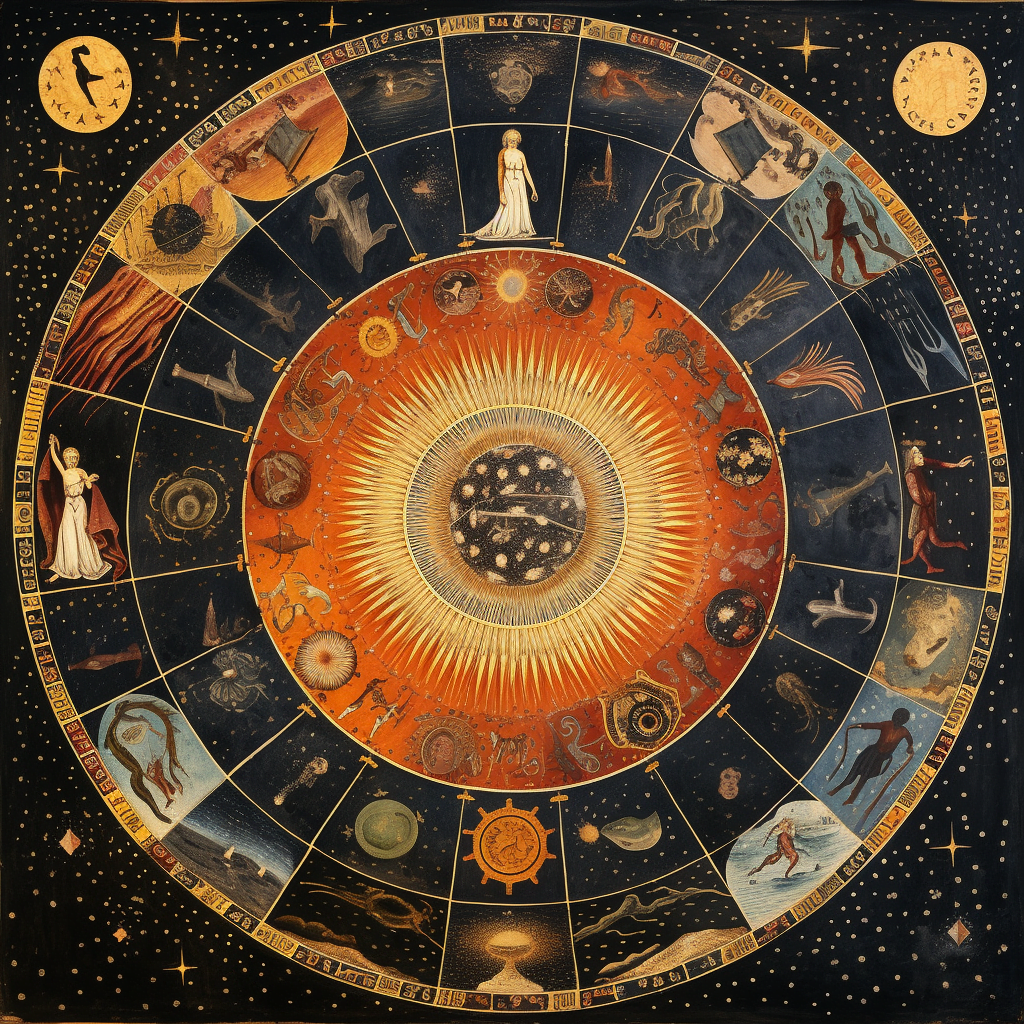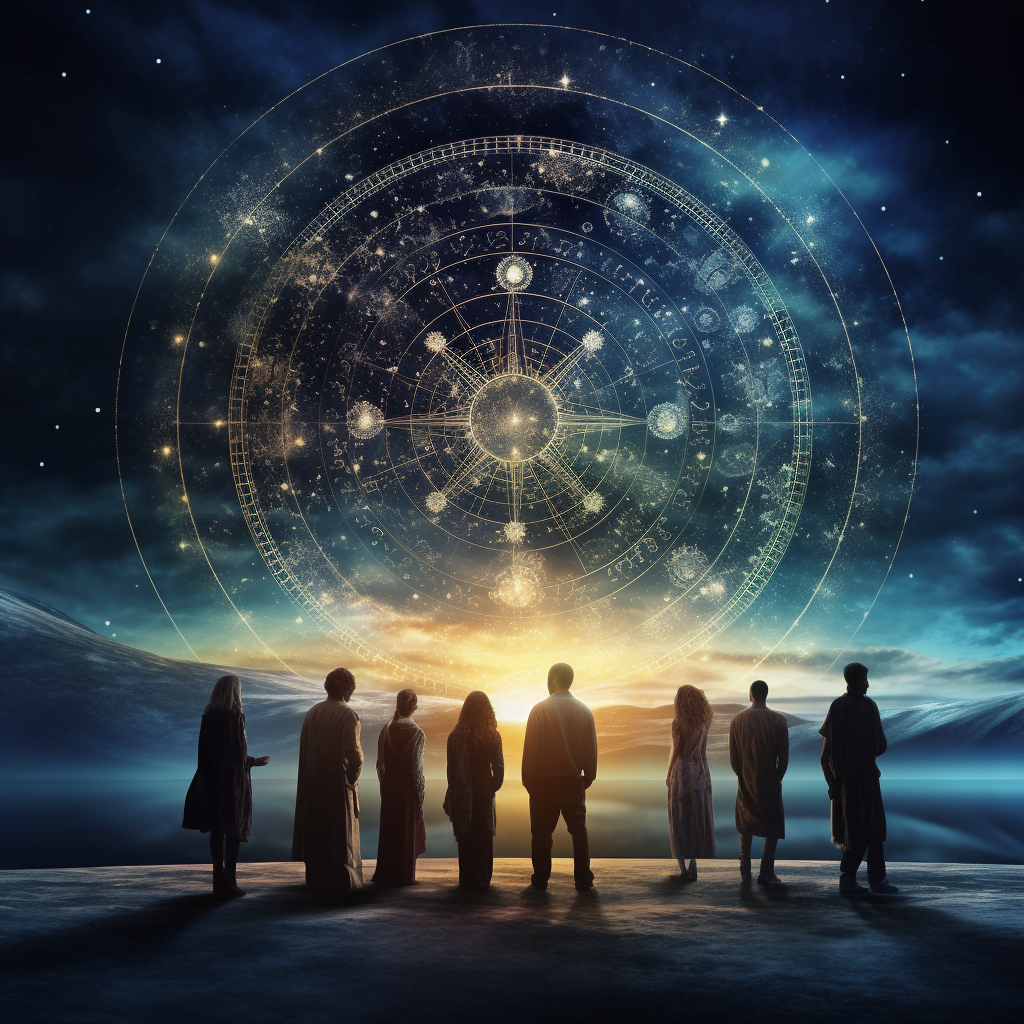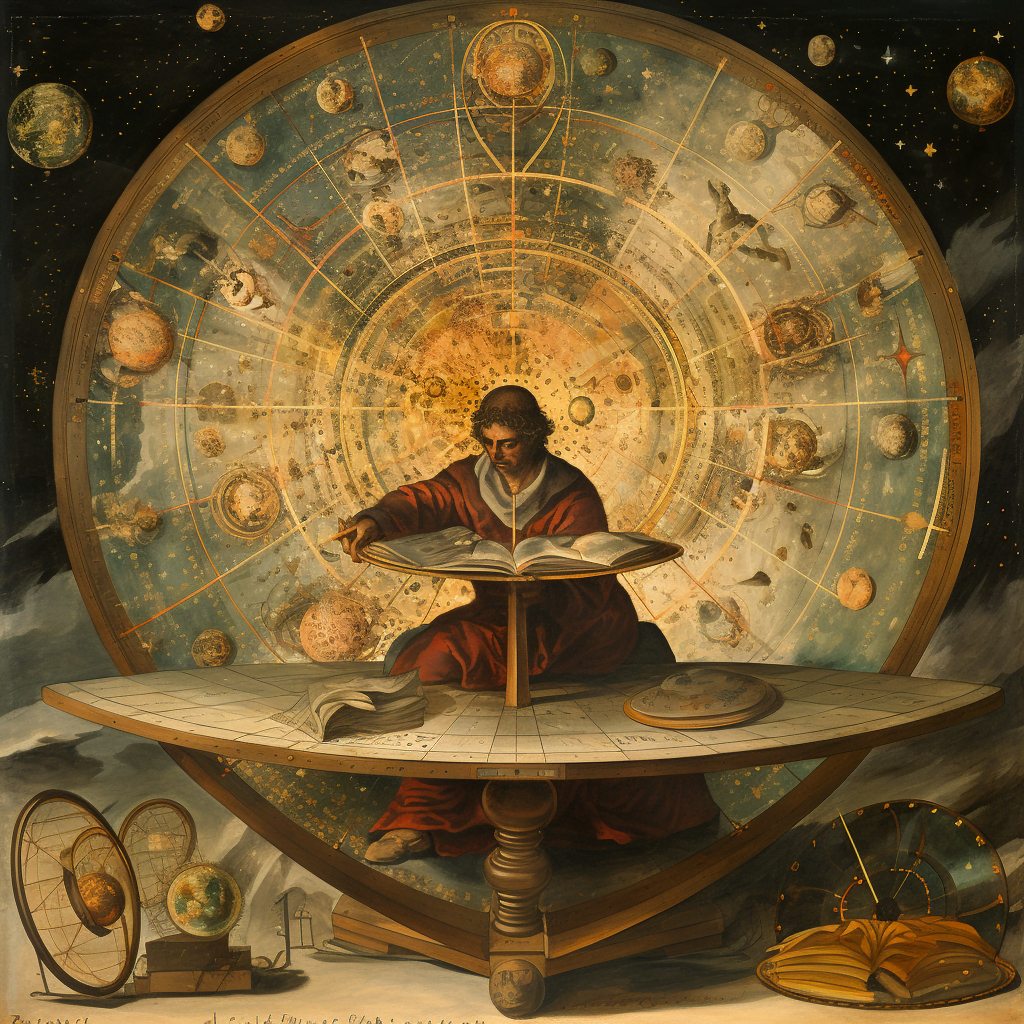The Origins of Astrology is an article that explores the history and development of astrology. Through this article, you will gain a deeper understanding of the origins of astrology and the individuals who played a pivotal role in its creation.
Astrology, an ancient practice dating back thousands of years, holds a significant place in many cultures around the world. This article will delve into the question of who created astrology, bringing to light the various cultures and civilizations that have contributed to its development. By examining the historical context, the article aims to provide insights into the origins of astrology and the different perspectives and beliefs that shaped its evolution.
The Origins of Astrology
Astrology has a long and fascinating history that stretches back thousands of years. From its ancient beginnings to its modern day evolution, astrology has captivated the minds and imaginations of people around the world. In this article, we will explore the origins of astrology, tracing its roots through different civilizations and cultures.
Ancient Beginnings of Astrology
The origins of astrology can be traced back to ancient civilizations that were fascinated by the stars and celestial bodies. As early as 3000 BCE, the Mesopotamians, who lived in what is now present-day Iraq, began to study and interpret the movements of the stars and planets. They believed that these celestial bodies held great significance and that by studying them, they could gain insights into human affairs.
Earliest Recorded Instances of Astrology
Some of the earliest recorded instances of astrology can be found in ancient Mesopotamia. The Babylonians, who built their civilization on the banks of the Tigris and Euphrates rivers, were particularly known for their advancements in astrology. They developed a sophisticated system of astrology and believed that the positions and movements of the stars and planets could influence the course of human events.
Babylonian Astrology
Babylonian astrology heavily influenced the astrology of other ancient civilizations, including the Egyptians and Greeks. The Babylonians divided the night sky into twelve equal parts, known as the zodiac, based on the constellations they observed. Each zodiac sign was associated with specific traits and characteristics, and the Babylonians believed that individuals born under each sign would exhibit these qualities.
Egyptian Astrology
The ancient Egyptians also had a deep fascination with the stars and celestial bodies. They believed that the gods and goddesses were closely associated with specific stars and planets. Egyptian astrology centered around the annual flooding of the Nile River, which was believed to be influenced by the movements of the stars. The Egyptians developed their own zodiac system, which included twelve signs based on the Nile’s flood cycle.

Greek and Roman Astrology
The Greeks and Romans further developed and refined astrology, building upon the foundations laid by the Babylonians and Egyptians. They believed that the stars and planets had a direct impact on human behavior and destiny. Greek philosophers, such as Plato and Aristotle, wrote extensively on the subject, seeking to explain the relationship between the heavens and the Earth.
Chinese Astrology
In ancient China, astrology played a central role in the lives of the Chinese people. Chinese astrology, also known as the Chinese zodiac, is based on a twelve-year cycle, with each year associated with a specific animal sign. The Chinese believed that individuals born under each animal sign would possess certain personality traits and characteristics. Chinese astrology continues to be widely practiced and celebrated in modern times.
Indian Astrology
Indian astrology, also known as Vedic astrology, has its roots in ancient Indian texts known as the Vedas. Indian astrologers believed that the position and movement of the stars and planets at the time of a person’s birth could provide valuable insights into their life and destiny. Indian astrology is highly detailed and takes into account specific factors, such as the positions of the planets in relation to the constellations and the moon’s influence.
Arabian and Persian Astrology
During the Islamic Golden Age, astrology flourished in the Arab and Persian world. Arabian and Persian astrologers made significant contributions to the field, translating Greek and Roman texts and incorporating their own unique insights. They synthesized the knowledge of the ancient civilizations that came before them and developed new techniques for interpreting astrology charts and horoscopes.
Astrology in Medieval Europe
Astrology reached Medieval Europe through the translations of Arabic texts. During this time, astrology was deeply intertwined with religion, and astrologers were often associated with the clergy. Astrology was used to predict major events, such as wars and economic fluctuations, and to provide guidance to rulers and nobility. Astrological charts and horoscopes were commonly consulted for important decisions and planning.
Rebirth of Astrology in the Renaissance
The Renaissance period marked a resurgence of interest in astrology, as scholars and philosophers once again turned their attention to the celestial bodies. During this time, astrology was seen as an important science and was often studied alongside other disciplines, such as astronomy and mathematics. The Renaissance astrologers sought to reconcile astrology with the new knowledge and observations of the time.
Modern Astrology and its Evolution
In the modern era, astrology has evolved and adapted to the changing times. It has gained popularity among people seeking guidance and insight into their lives. Today, astrology is often seen as a tool for self-reflection and personal growth. Many individuals turn to astrology to gain a deeper understanding of themselves and their relationships, as well as to navigate life’s challenges and opportunities.
Scientific Criticism of Astrology
Despite its enduring popularity, astrology has faced significant criticism from the scientific community. Scientists argue that there is no empirical evidence to support the claims made by astrologers, and that astrology is based on superstition rather than scientific principles. They point to the lack of reproducibility and the absence of a clear causal mechanism to explain the supposed influence of the stars and planets on human behavior.

Astrology’s Popularity Today
Despite scientific criticism, astrology continues to be widely practiced and embraced by many individuals around the world. The ease of access to astrological information through the internet and the rise of social media have contributed to its continued popularity. People turn to astrology for guidance, comfort, and a sense of connection to something greater than themselves.
Conclusion
The origins of astrology can be traced back to ancient civilizations that looked to the stars for answers about the human condition. From the Babylonians to the Greeks, the Chinese to the Arabs, astrology has evolved and adapted over time, incorporating the knowledge and insights of different cultures. Although it faces criticism from the scientific community, astrology’s enduring popularity is a testament to its ability to resonate with people’s desire for meaning and understanding in their lives. Whether one chooses to embrace astrology or not, its long and storied history continues to fascinate and intrigue.



